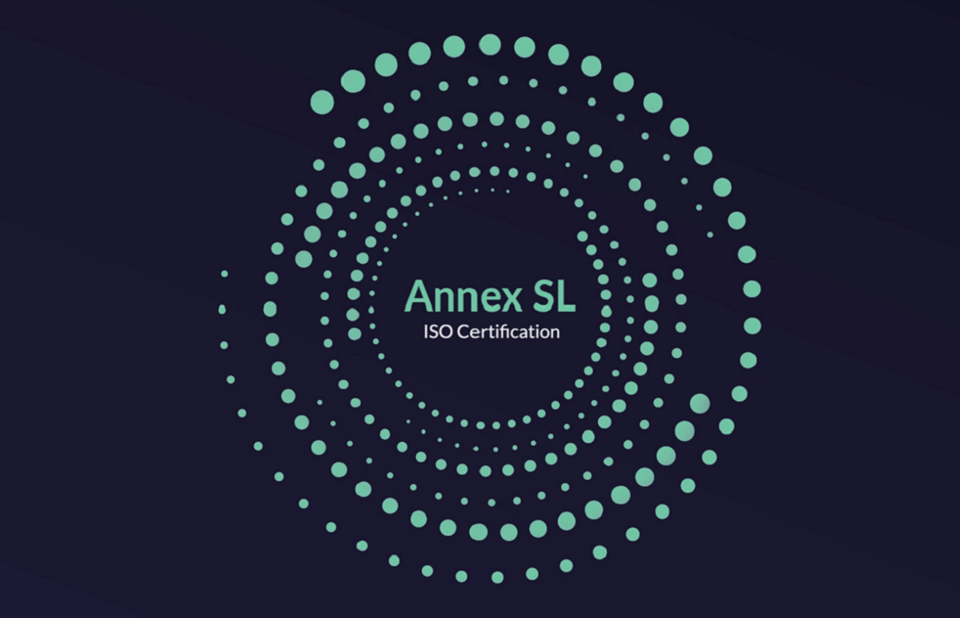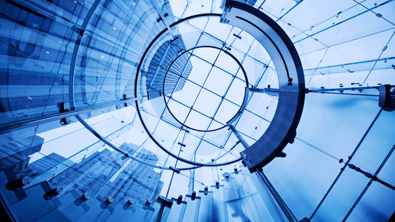Integrate your management systems with Annex SL
Integrated Management Systems
What is Annex SL?
Annex SL is the high-level structure for modern ISO Standards. The Annex SL structure ensures consistency and compatibility between the different management system standards and allows for a straightforward and harmonised implementation of multiple standards (integrated management systems).
Which standards use the Annex SL framework?
Most modern management systems (released or updated since 2011) use the Annex SL framework throughout their standards.
More familiar ISO Standards such as ISO 9001, ISO 14001, ISO 27001, and ISO 45001 all follow the Annex SL structure.
Benefits of integrated management systems
At LRQA, we see very clear benefits for companies in implementing an integrated management system that features a number of ISO standards. This is an effective mechanism for companies to manage their risk profile in an integrated way across different aspects of their activities, such as service delivery, environmental footprint, or health & safety of their workforce.
This also allows companies to easily link their strategic objectives to their operations and successfully engage stakeholders. Once the first management system standard has been brought in and the right foundations for building an integrated management systems approach are established, the time, effort, and activity required to implement additional standards is significantly lower, with the returns far outweighing the investment.
Read more here: Annex SL is moving companies toward integrated management systems.
Download the guide: Integrate your Management Systems with Annex SL
Download the guide how to integrate your management systems, start understanding what Annex SL is, and how Annex SL enables integrated management systems.
Download the guide: Integrate your Management Systems with Annex SL
Why choose LRQA?
Working with a credible and respected partner to certify your management systems is a uniquely powerful way to show stakeholders that high standards are being set and met. Certification helps ensure that working practices minimise risks in the future, while allowing you to enhance your reputation in the present by demonstrating your commitment to safe, sustainable, and ethical ways of working.




